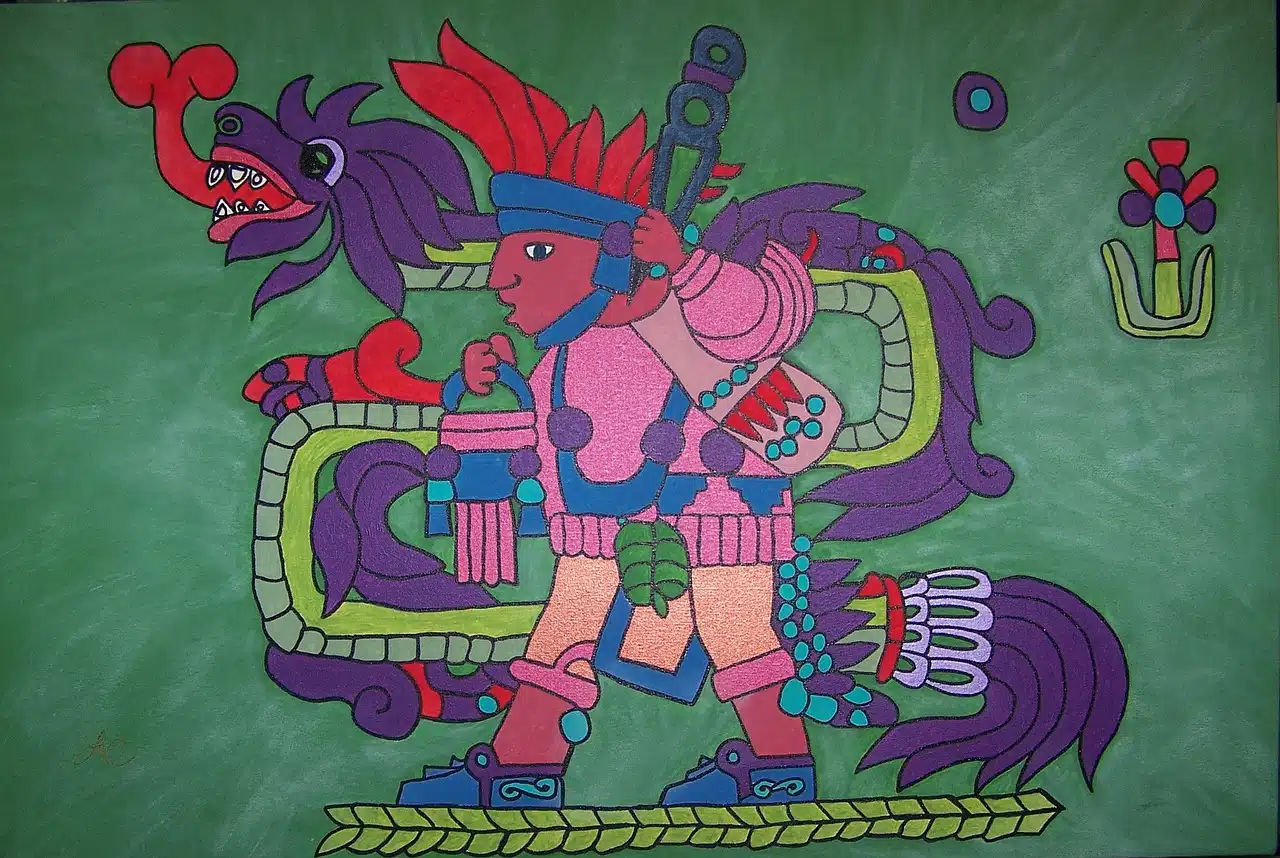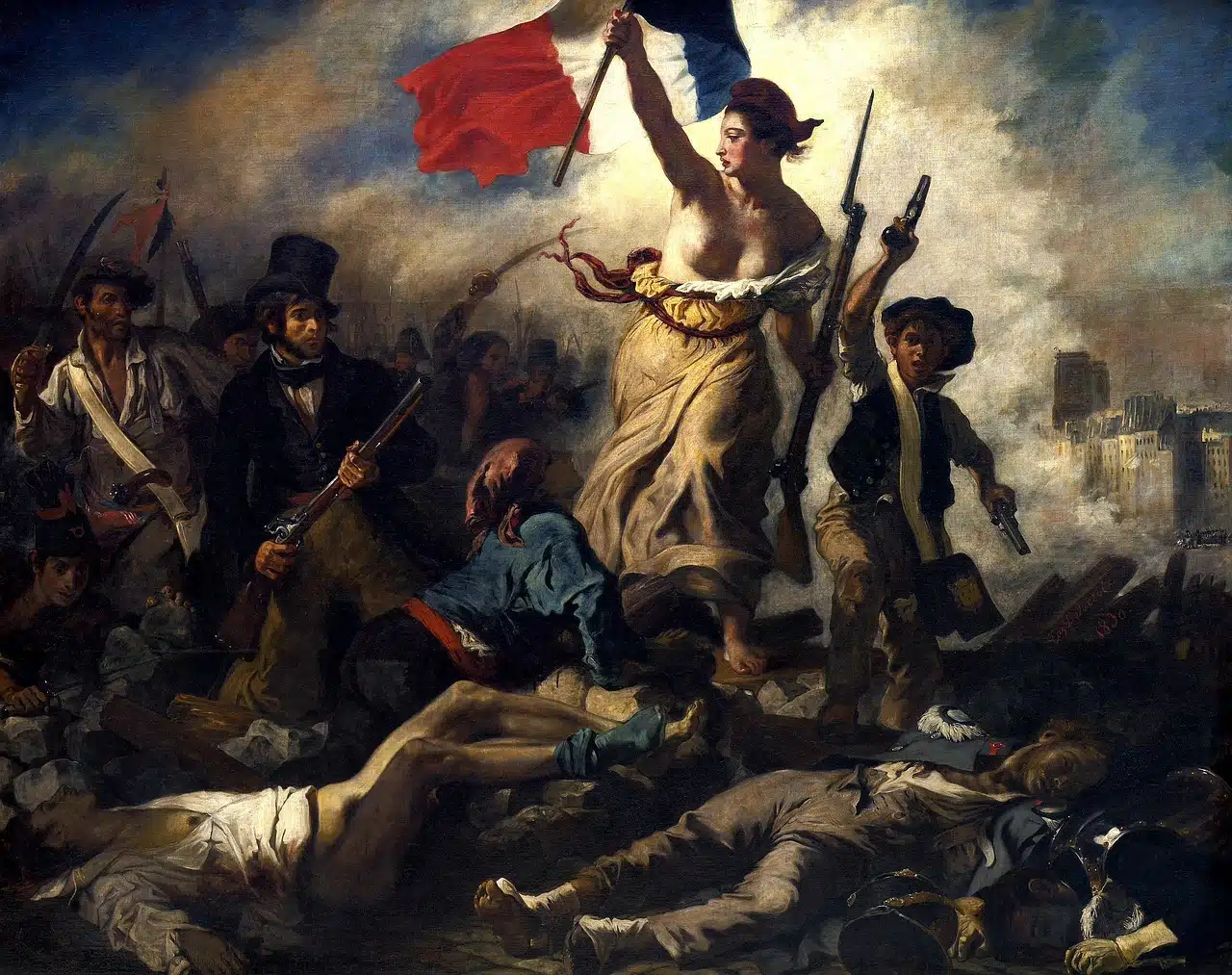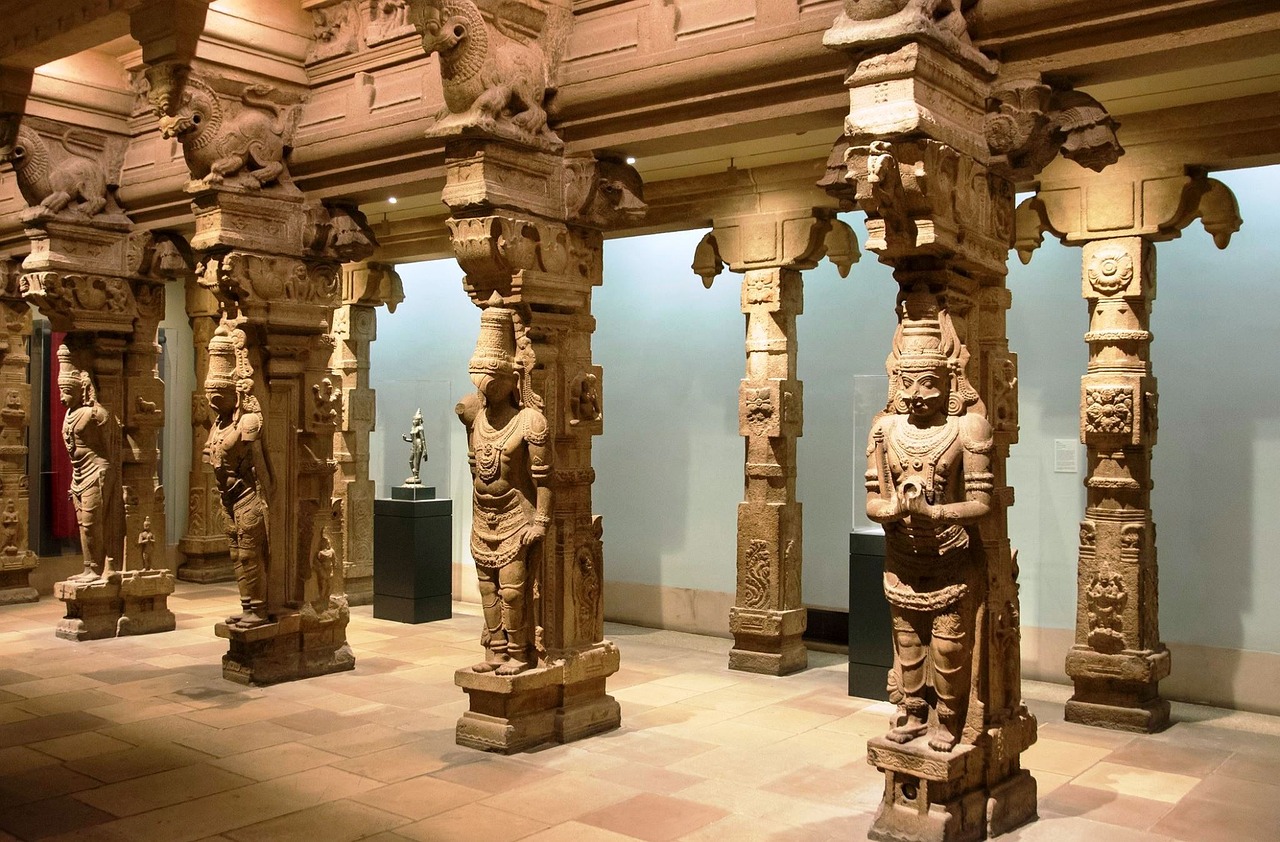
History allows us to generate knowledge about ancient people.
History is the social science that is responsible for studying the past of humanity . On the other hand, the word is used to define the historical period that begins with the appearance of writing and even to refer to the past itself .
Some examples where the term appears: «A history expert assured that the first stable inhabitants of the island were smugglers» , «My relationship with Johanna is now history» , «The Spanish player scored a goal that will remain in the history of the competition » .
study of history
The study of history requires analyzing events that took place in a past time . It is essential, therefore, to go to historical sources to know what information about the events was recorded and compiled at the corresponding time.
Many times there are official files and documents that serve as testimonies . In other cases, you have to go to chronicles, biographies or autobiographies to discover the perspective of certain people on what happened. Oral history , passed down from generation to generation, can also be a valuable source.
Different approaches
The ways in which history studies the transcendent events in the life of humanity can be synchronic (from the same time), relating events from the same time with evolutions or consequences in the human species; or diachronic (from different times), analyzing previous events that may be causes or subsequent events that are a consequence of an event or something concerning the species itself. Scientists who specialize in history are called historians .
Two approaches can also be mentioned in the field of study of history: the classical one (which takes history as the period that emerged from the development of writing) and the multiculturalist one (which considers that history encompasses the stages in which it is possible to achieve a reliable reconstruction of the events that affect social development).
As in the social sciences things are not shown in a deterministic way, due to a lack of verification only possible in the exact sciences, the phenomena of history can be analyzed from multiple perspectives and even show facts that contradict each other. And, just as history cannot analyze the past in a deterministic way, it cannot predict the future of humanity based on empirical data. With all this we can say that to carry out a historical analysis, the freedom of each individual within the social group being studied must be taken into account.

Wars, revolutions and processes of colonization and independence are some of the events that history studies.
Stages of history
According to classical history, events that took place before the historical period belong to prehistory , while those events located in the transition period between prehistory and history are part of protohistory .
Archaeological sites and historical sites are spaces that, through ruins , remains and ancient artifacts, can enable knowledge of a culture or civilization . Historians must examine this historical heritage and contextualize it.
According to the eras and common characteristics, historians carry out periodization , dividing history into periods. In this way, we can differentiate between the Ancient Age (which extends from the emergence of writing until the year 476, when the Western Roman Empire fell); the Middle Ages (from 476 to 1453, 1455 or 1492, depending on whether you consider the fall of the Byzantine Empire, the invention of the printing press or the arrival of Christopher Columbus to America, respectively); the Modern Age (from 1453, 1455 or 1492 until the American declaration of independence in 1776 or the French Revolution of 1789); and the Contemporary Age (from 1776 or 1789 to the present).
Other related concepts
It is important to clarify that, although certain concepts that are involved in history, are absolutely different from it and should not be confused with each other.
Among them we can name historiography (which covers the procedures and techniques that allow a description of an event that has already happened), historiology (aimed at explaining how historical events happened) and history itself (that is, the events that actually took place). In these three concepts (history, historiography and historiology ) we find past events, the science that is dedicated to analyzing them and the corresponding epistemology.

The conservation and restoration of ancient objects and documents is important to care for and revalue the heritage of historical archives and history museums.
Types of phenomena in history
The phenomena analyzed by history can be economic, political, social, artistic, cultural or religious and are differentiated by being short, medium or long-term .
Those of short duration are specific events, also called events , that occur in a few hours or days: an example is the fall of the Twin Towers ( 9/11 ). Events that are temporary and develop over a period of a few years (such as the First International ) are considered a medium-term phenomenon. Finally, long-term phenomena are structural phenomena and their development can last up to centuries , such is the case of the conflict between Palestine and Israel .
Its connection with other sciences
History is considered a science because it tries to be as objective as possible and provide demonstrative knowledge of the facts, seeking evidence to support its conclusions. Said evidence is collected through different methods, which can be highly specialized (cutting-edge technology developed to extract information from a certain source) or mathematical procedures (statistics and data that are extracted from society and allow analysis in the most empirical way. possible phenomenon).
Sociology considers that the analysis of the phenomena of history must take into account some factors to develop, such as social and economic factors, which influence not only society but each individual in particular. In addition to geographical, demographic, social and political factors .
The Philosophy of History is a specialization of philosophy that reflects on the significance of the events that are part of the history of humanity . This discipline analyzes the possible existence of a design, purpose or purpose in the historical process.
History , in turn, is related to other sciences to carry out its conclusions. It needs geography to analyze the consequences that certain geographical phenomena can have on the decisions of a society; of archeology to analyze the past and understand the present from it; and mathematics and statistics to compare data that they have gathered in their research, for example.
Branches of history
It is interesting to note that history, as a science, is made up of multiple branches. These divisions are linked to the different themes or the object of study.
Political history and economic history are two of the most popular branches. But we can also name the history of science , the history of art , the history of religion , the history of philosophy and the history of sports , among many others.
Likewise, a historian can specialize in particular topics or phenomena: history of migrations , history of slavery , etc. Another look is oriented to the geographical issue, which can differentiate between the study of local history , regional history , national history or global history , to mention some possibilities.
